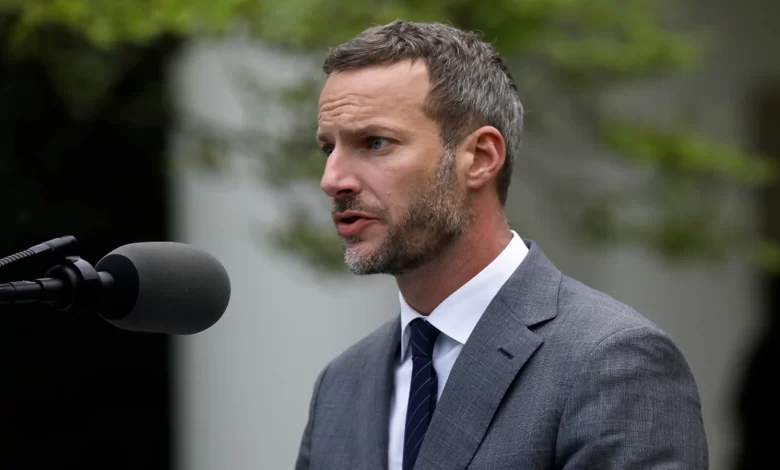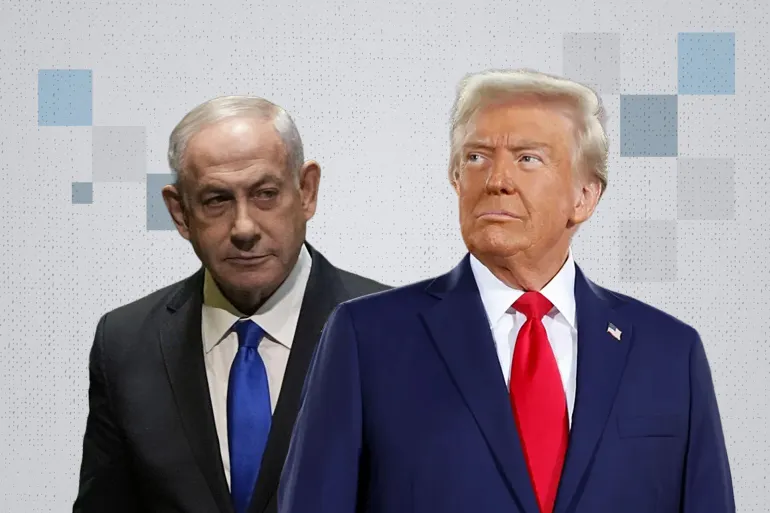Rebuilding Gaza: The Arab Plan V. Trump’s Displacement
By Michael Jansen
The Muslim world has added its considerable weight to the plan adopted by the Arab summit for the reconstruction of Gaza while Palestinians remain in the strip. A meeting last week in Jeddah at foreign minister level of the 57-member Organisation for Islamic Cooperation extended full support to the detailed plan drawn up by Egypt. Therefore, both the Arab world and worldwide Muslim Umma have rejected the proposal of Donald Trump to expel 2.3 million Palestinians from Gaza and transform the devastated coastal trip into a “Middle Eastern Riviera.”
The 91-page $53 billion Egyptian plan itself is a major accomplishment as it was drawn up in less than 30 days. Its framework was presented last month to a mini-summit in Saudi Arabia of the Gulf countries, Egypt and Jordan, and approved on by Arab foreign ministers ahead of the maxi-summit.
During the first six-month $3 billion stage of the plan Hamas would cease administering Gaza and a committee of Palestinian technocrats overseen by the Palestinian Authority would clear rubble from the main north-south Salaheddin highway. Palestinian residents would shift to seven relatively clear sites where 200,000 temporary housing units would be built to shelter 1.2 million. Additionally, 60,000 damaged buildings would be repaired to house thousands. Egypt and Jordan would train a Palestinian police force to enable a reformed Palestinian Authority to take over Gaza’s governance from Hamas. Nothing was said about disarming Hamas’ military wing which could be a contentious issue.
The second $20 billion two-year reconstruction stage would focus on permanent housing and rehabilitation of agricultural land, electricity, water, sewage and telecom-munications. The third 2.5-year stage costing $30 billion would continue with housing and build an industrial zone, a fishing port, a commercial seaport, and an international airport. Funding would be raised from donors in the Gulf, Europe, the US and international financial institutions. Disbursement and investment would be internationally supervised.
It is hardly surprising that the US and Israel should reject the Arab/Muslim plan. US National Security Council spokesman Brian Hughes issued a statement which said, “The current proposal does not address the reality that Gaza is currently uninhabitable, and residents cannot humanely live in a territory covered in debris and unexploded ordnance. President Trump stands by his vision to rebuild Gaza free from Hamas. We look forward to further talks to bring peace and prosperity to the region.” Trump, however, did not propose a Gaza free from Hamas but a Gaza free from Palestinians. This is neither acceptable nor legal under international law.
Despite, Hughes dismissal, Washington appears to be divided. Trump’s regional envoy Steve Witkoff said, “There’s a lot of compelling features” in Egypt’s plan for postwar Gaza, and observed that there was “a path” for Hamas to leave Gaza.
The Israeli foreign ministry said the Egyptian plan “fails to address the realities of the situation.” For the ministry these “realities” were created by the October 7th, 2023, raid on southern Israel by Hamas which killed 1,200. Naturally, the ministry reiterated Israel’s support for Trump’s plan as “an opportunity for the Gazans to have free choice based on their free will.” By this, the ministry meant bombed and starved Palestinians would freely choose to leave Gaza although Gazans have said they have chosen to stay in the strip despite dire conditions.
Gazans are determined to resist a second Nakba, their catastrophic 1948 expulsion from their cities, towns and villages. This left them homeless, landless and stateless and the world has done nothing to remedy their situation over the past 77-years although the “path” to a Palestinian state has been charted since 1988 when the Palestinian National Council issued the Palestinian Declaration of Independence and a call for a mini-state in East Jerusalem, the West Bank and Gaza, 22 per cent of the Palestinian homeland.
While 30 per cent of Gazans are indigenous, 70 per cent were driven into the Gaza strip from nearby areas. Many still live in UN refugee camps. More than 30,000 took part in the Great March of Return by protesting along the border between Gaza and Israel. The demonstrations began on March 30, 2018, and continued until December 27, 2019. The mainly peaceful protesters demanded the right to go home in areas conquered by Israel in 1948 and an end to the Israeli blockade of Gaza. Israeli snipers opened fire at protesters, killing 266 youngsters and injuring almost 30,000 others, Gaza’s health ministry reported. Many of the injured received crippling wounds in the legs.
These demonstrations should have been proof positive that Gazans are not going anywhere else. For them, Gaza is their home, their present and their future. The Arab plan is designed to provide a decent life for native Gazans and refugees alike in a scrap of territory which amounts to one per cent of their occupied Palestinian homeland.
The writer is a columnist in The Jordan Times.












